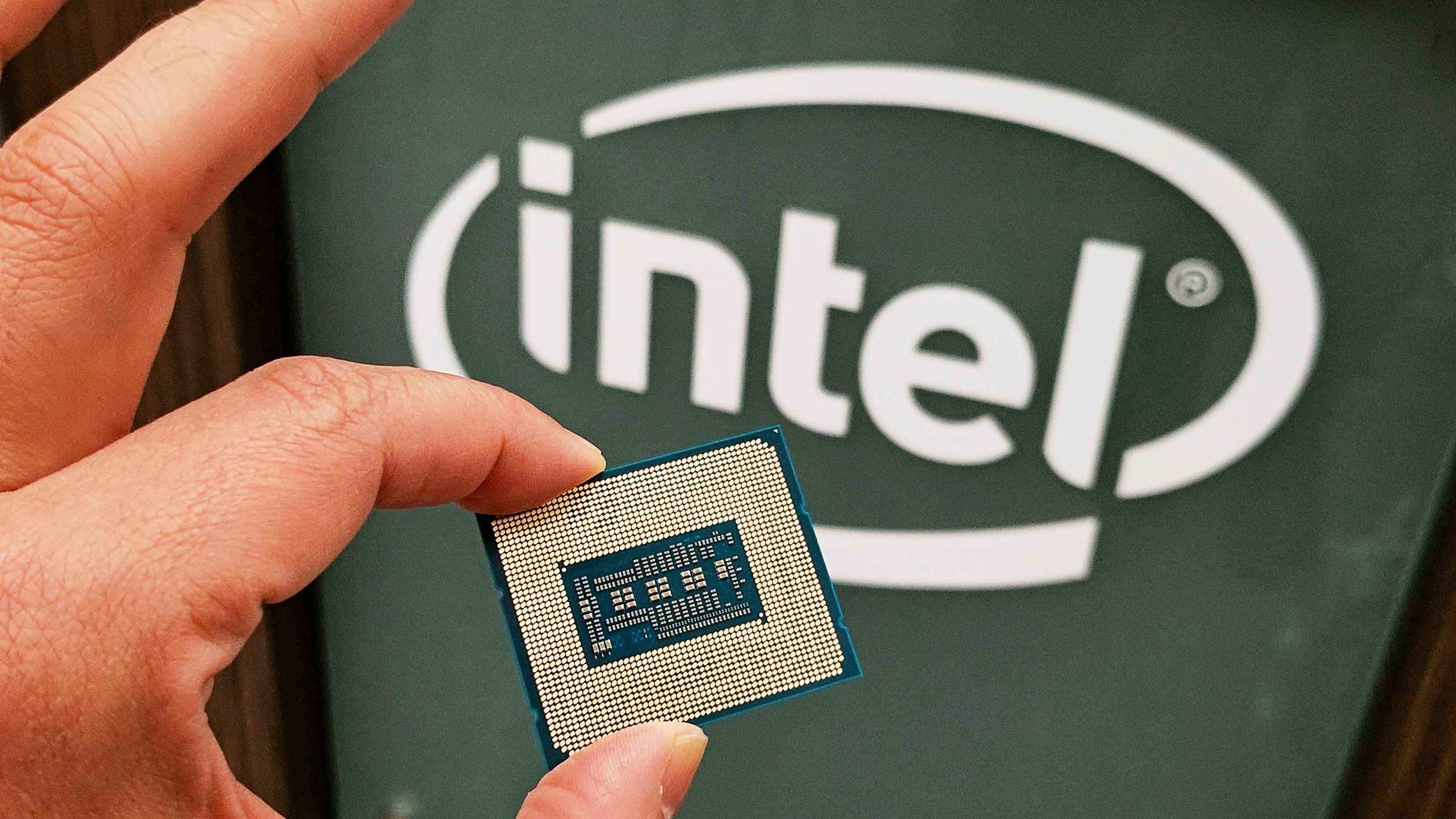
What you need to know
- The CHIPS Act of 2022 designates $52.7 billion in government funding to help companies invest in U.S. Chip Manufacturing.
- The U.S. only manufactures 12% of the world's chips, down from 40% in 1990. The goal of the CHIPS Act is to push U.S. chip manufacturing to 20%.
- Due to long regulatory and environmental concerns, there is likely to be a large delay for other companies like Intel and TSMC.
"The CHIPS and Science Act provides $52.7 billion for American semiconductor research, development, manufacturing, and workforce development," according to Whitehouse.gov. However, it looks like the quagmire of government, environmental regulation, and overall inefficiency are causing what has been deemed a national security matter of high importance to be delayed.
We do not want to be in a position where critical national security needs are dependent on faulty foreign supply chains. We do not want to be in a position where another country can cut us off in a moment of crisis.
Jake Sullivan - WH security advisor
Why is the CHIPS act important?
The United States used to produce 40% of the world's chips in the 90's. Now that production is down to a measly 12% globally. The CHIPS Act is a $52 billion investment from the government to aid companies in building out U.S.-based chip fabrication plants. I live in Arizona, where there is already an Intel plant, and TSMC is building a new chip manufacturing site, which is on the news quite often as it is likely to bring a lot of new highly skilled and high-salary positions to the state.
The first $35 million is going to BAE Systems, a military contractor that makes chips for aircraft like the F-15 and F-35 jets. This week's announcement is terrible news overall, not only for these companies waiting for financial aid from the government but also for U.S. citizens and NATO allies that are all nearly wholly dependent on Tawain for chip manufacturing.
This, of course, has not been an issue for decades. Still, as China continues to set its site on a military takeover of Tawain, China would control one of the essential commodities that could force its enemies to rely on old technology. At the same time, China keeps the most cutting-edge military and scientific technology for itself. Reuters reported back in October that "A bipartisan group of nearly 120 U.S. lawmakers on Friday urged Congress to avoid lengthy environmental reviews that could delay completion of semiconductor factories that receive government subsidies."
Unfortunately, based on the news this week, only $35 million has been approved to be disbursed, which means the efforts by this bipartisan group of lawmakers have yet to be successful.
The government should "streamline the process, speed the process, make the process more efficient and user-friendly." She also said, "Environmental concerns matter. We are not in any way suggesting we should do anything that hurts the environment or is unsustainable."
Commerce Secretary Gina Raimondo
In one of the few bipartisan issues in Congress and throughout the country, it seems like our government is still unable to work effectively and quickly to resolve a national security issue as big as our dependence on other countries for our technology.
We depend on these chips for our medical devices, vehicles, military devices, and, of course, our computers and servers that power the very infrastructure of our civilization. The announcement this week is a delay in the US and her allies in NATO to be able to defend themselves if China decides they want to leave us frozen in time with the technology we currently have. In my opinion, each country should be looking to be independent in the future, especially as two regions of the world are embattled in conflict.
What do you think about the news this week that the government can only give out $35 million of $52.7 billion, and the rest of the funds are likely delayed? Do you think NATO and its allies must be chip-independent from Tawain and China? Let us know in the comments.







